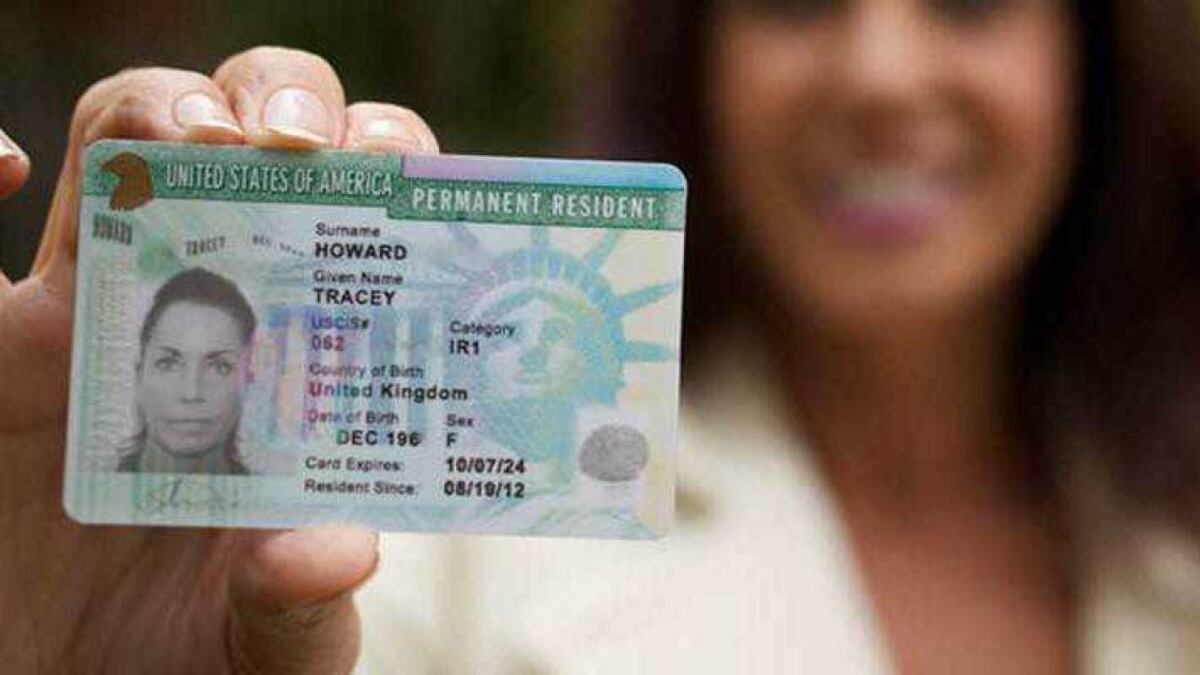Amid the wave of deportations in the United States, it is important for immigrants to be aware of all the requirements they must meet and all the options they have to avoid being repatriated. One of the ways is to have the green card and the good thing is that the administration of the new president Donald Trump has not made changes regarding the application for this document, which, so far, can still be processed.
The green card is also known as Permanent Resident Card, and it allows foreigners to live and work legally in the United States.
PUBLICIDAD
El Tiempo explained that the first thing to keep in mind is that one must meet a series of requirements to obtain the green card and that the time frame for getting it depends on the circumstances of each immigrant.
The referred media indicated that according to the U.S. Citizenship and Immigration Services (“USCIS”), one of the requirements is to fill out a form, undergo the mandatory medical examination, and pay the corresponding fee. The remaining requirements depend on the status or situation of each migrant.
People eligible to apply for a green card in 2025
El Tiempo specified that the people who can apply for the green card in 2025 are the following:
-Through family: this includes direct relatives of United States citizens or permanent residents, such as children or spouses, fiancés or widows of a U.S. citizen, and also those who have been victims of assault or extreme cruelty by a U.S. citizen or legal resident.
-Through employment: immigrants hired by a U.S. company can apply for a green card in different categories. There are preferences for doctors and investors.
-Special Immigrant: in this category are religious workers, special immigrant juveniles, international broadcasters for the Agency for Global Media, employees of international organizations such as, for example, NATO.
-Through refugee or asylee status: they are victims of human trafficking and other crimes who currently hold T or U visas.
-Special Categories: in these categories are those who apply to the Liberian Refugee Immigration Fairness program; those who apply to the Diversity Immigrant Visa program; individuals who apply to the Cuban Adjustment Act, to the Dependent Status according to the Haitian Refugee Immigration Fairness Act, those paroled as Lautenberg prisoners, those applying to the Indochina Parole Amendment Act of 2000, American Indians born in Canada, and those born in the United States to a foreign diplomat.
-Through registration: are those who have been living in the United States since before January 1, 1972.
